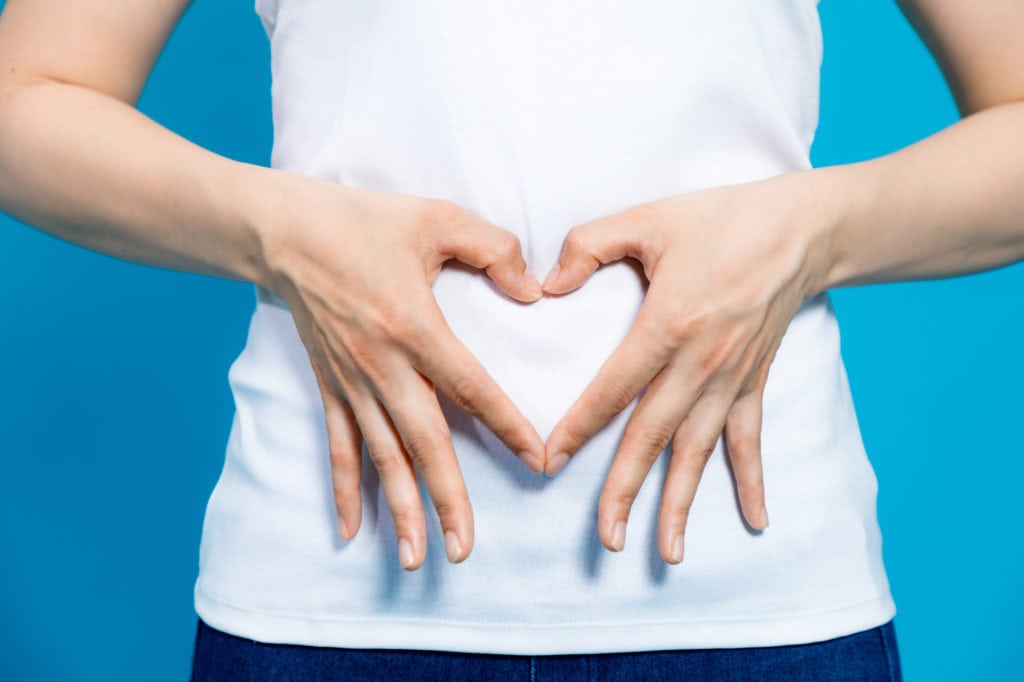Love Your Liver

Your liver is one of the most important organs in your body and is the workhorse of the digestive system. Tucked away under your rib cage, it is responsible for hundreds of tasks, about 500 to be exact! Dr. Hellan Kwon, clinical assistant professor of hepatology at the University of Michigan notes key metabolic tasks, “anything that is eaten or consumed, whether it’s food, alcohol, medicine or toxins, gets filtered by the liver. Once we ingest food, it is digested by the stomach and intestine, gets absorbed into the blood and goes to the liver.” As a significant part of the body’s overall regulation, it is essential to keep your liver healthy.
SIX USEFUL TIPS FOR GOOD LIVER HEALTH:
- MAINTAIN A HEALTHY WEIGHT. Obesity or being overweight increases your risk for developing nonalcoholic fatty liver disease (NAFLD). NAFLD is a condition in which there is a buildup of extra fat in liver cells. Most patients won’t have symptoms but may have abnormal laboratory tests or abnormal diagnostic imaging results. Due to the rise in obesity the prevalence of NAFLD rapidly increasing and is expected to be the leading indication for liver transplant in the next 30 years. Currently, about 10% to 20% of Americans have NAFLD.
- QUIT SMOKING. Smoking can increase the risk of both liver cancer and cirrhosis of the liver. The toxic chemicals in tobacco smoke can cause inflammation and eventual cirrhosis. Smoking also promotes the production of cytokines, chemicals that cause even more inflammation and damage to liver cells.
- DRINK ALCOHOL IN MODERATION. Alcohol abuse remains a major cause of cirrhosis and subsequent liver disease. An estimated 10-15% of heavy drinkers will develop liver scarring, according to the American Liver Foundation. This means that drinking in moderation or simply abstaining, can go a long way toward keeping your liver healthy. Current guidelines recommend that women consume no more than one alcohol beverage a day and men no more than two. One drink is considered twelve ounces of beer, five ounces of wine, or one ounce of liquor.
- EXERCISE. Regular exercise is important because it can help reduce weight and new research out of the University of Haifa in Israel suggests that resistance training may be an effective way to reduce fatty liver just as aerobic activity is, even if you don’t lose much weight. Resistance training can include use of weight machines, your own body weight, or resistance tubing. It is recommended to train all major muscle groups at least two times a week. Aerobic activities such as brisk walking, swimming, or dancing should be done for at least 75-150 minutes weekly depending on the level of intensity.
- AVOID “LIVER DETOXES”. While some common ingredients in liver cleanses have been shown to have positive results — milk thistle has been shown to decrease liver inflammation, and turmeric extract has been shown to protect against liver injury — there have not been adequate clinical trial data in humans to recommend the routine use of these natural compounds for prevention. Dr. Tinsay Woreta, a Johns Hopkins hepatologist warns “Unfortunately, these products are not regulated by the FDA, and thus are not uniform and have not been adequately tested in clinical trials.”
- REGULAR BLOOD TESTS and IMMUNIZATIONS. A simple blood test is the best way to keep an eye on your liver enzymes and function, as well as the levels of fat (triglycerides), cholesterol and glucose in your blood, all of which can be associated with fatty liver disease. Other blood tests can screen for diseases such as hepatitis B and C and would be especially important for anyone that has ever experimented with IV drug use, had a blood transfusion prior to 1992, or unsafe sex practices. New guidelines recommend screening for hepatitis C in EVERYONE born between 1945 and 1965. Ask your doctor is you should be vaccinated against hepatitis A and B (especially important for health care workers, international travelers, and individuals with a compromised immune system or underlying liver disease). Individuals can be infected with hepatitis A through contaminated sushi, raw/partially cooked clams, oysters, mussels and scallops. Hepatitis B is a sexually transmitted infection so make sure you are practicing safe sex.
If you would like to know more about optimizing your liver health or have been told you have abnormal liver tests, please come see our team at Comprehensive Gastrointestinal Health. You might feel fine, but symptoms of liver disease and hepatitis are not always present. Sometimes fatty liver or mildly abnormal liver tests don’t garner much attention – we want to ensure that your liver gets the attention it deserves! Call 224.407.4400 or visit www.compgihealth.com for an appointment.
